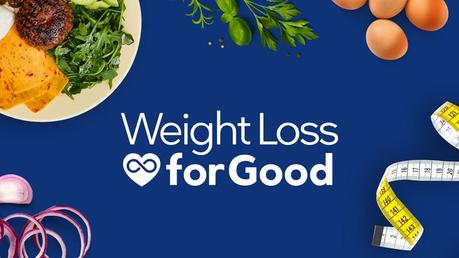
Have you signed up for our new Weight Loss for Good program? If not, here's a sneak peek of our Crash Course on analyzing hunger:
When you deliberately restrict calories to lose weight, hunger often growls. That torpedoes even the best of weight-loss intentions. But feelings of hunger don't always mean that you need food. By restricting carbohydrates rather than calories, you'll learn to understand your hunger signals and solve the hunger problem.
Today's top 4 tips:
-
Don't ignore hunger... analyze it
Your body sends hunger signals when you need crucial nutrients. But sometimes "hunger" is about what the brain thinks it wants, not necessarily what the body needs. How can you tell if you're really hungry? Ask yourself: "Could I eat a 'protein + veggies+ fat' meal?" If the answer is yes, then eat it! If not, try a warm cup of bone broth, unsweetened tea, or a glass of water. Rehydrating can calm the brain's mistaken hunger signals. -
Emotions and habits can feel like hunger
Anxiety, boredom, loneliness, or any strong emotion can be mistaken by the brain as an emptiness that needs to be filled. Habits like eating while driving, watching TV, or at the movies can also trigger a learned hunger response. Again, analyze the reason for the hunger pang. Drinking water, tea or distracting yourself with a pleasant activity can fill the void that isn't really hunger. -
Protein + tasty fat + high-fiber veggies = feeling full for hours
Studies show that these foods make you feel fuller longer. Protein, veggies, and fat also provide essential nutrients. So enjoy protein at every meal and eat your vegetables - and don't fear the fat that makes these foods tasty. This means your body will be less likely to search in the fridge for nutrition it's missing. -
Ketosis is an appetite eraser
One of the first things people notice when they're in ketosis is that they're not hungry all the time. Studies show that ketosis suppresses appetite and reduces levels of the hunger hormone ghrelin. If you restrict carbs to less than 20 grams a day, you'll be in ketosis soon. Not sure if you're there? Try an inexpensive urine ketone test strip and be sure.
When you eat a low-carb or keto diet, you don't need to ignore hunger. Instead, tune in and distinguish true hunger from cravings and habitual eating. And tap into the new you - in ketosis - with less hunger and less need to graze.
Learn more in our guide, How to manage hunger when trying to lose weight.
Sign up now!
Not yet a member? Sign up now, and get the first month, including the entire Crash Course, for free. We want to empower people everywhere to dramatically improve their health, and we'd love to help you. So sign up today!
Try Diet Doctor Plus for free

